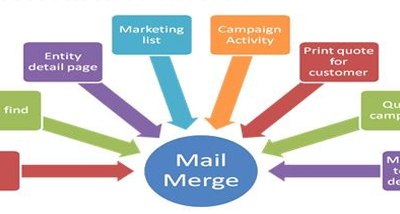
5 Easy Steps to Extraordinary Lead Management

1.The glorious love story of sales and marketing

Getting these two departments hitched will result in harmonious synergy in the long run.
It starts with a date
Sign up to get FREE CRM Trial
2.It starts with a date

Sales staff have a hands-on perspective on how clients are responding to
marketing campaigns. Their experience is more visceral and they can see the tangible real-time effects of marketing efforts. If a sales campaign fails to affect the bottom line, they can provide invaluable feedback so that the campaign can be altered or dropped.
Weekly meetings keep sales staff up to date with all the latest marketing news. Effective communication allows both sides to stay on the leading edge and work together to refine the lead management strategy.
Share your ups and downs
3.Share your ups and downs
Sharing the results of marketing campaigns and research with help to show the sales team how and why you have employed the marketing strategies you currently champion. Sales personnel may have interesting interpretations on research results or valuable input about how clients will react to upcoming campaigns.
Sharing sales results will help the marketing team to monitor the success of their campaigns. Sharing failures is important too. Each failure is an opportunity to learn what not to do and how to avoid similar results in the future. Input from the sales team is immediate and can help you tweak your marketing campaign long before your qualitative research results kick in.
Rate your leads
4. Rate your leads

The sales team will tell you that when it comes to lead management, its quality, not quantity that counts. They want campaigns that produce quality leads with high conversion rates. Working together with the sales team to develop a lead scoring system will streamline the process. This means that both marketing campaigns and sales personnel can rate leads based on a shared system. Leads that are ready to buy can be focused on by the sales team while reticent buyers can be handed back to the
marketing team who will set up appropriate nurturing campaigns. In time, this process can be automated to save everyone time and effort.
5.Create custom online databases

your sales team to input large volumes of information into your online database, keep your CRM short and sweet.
Click here to Contact Us.


